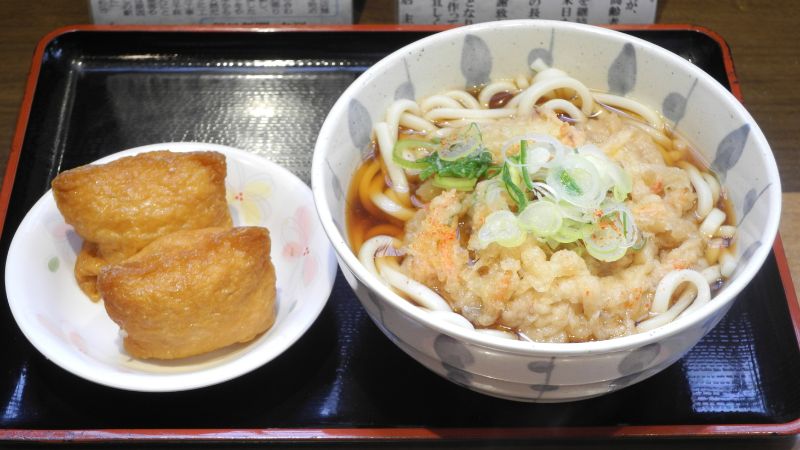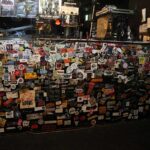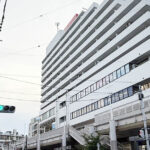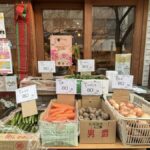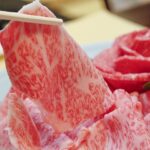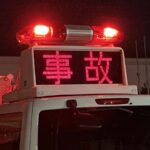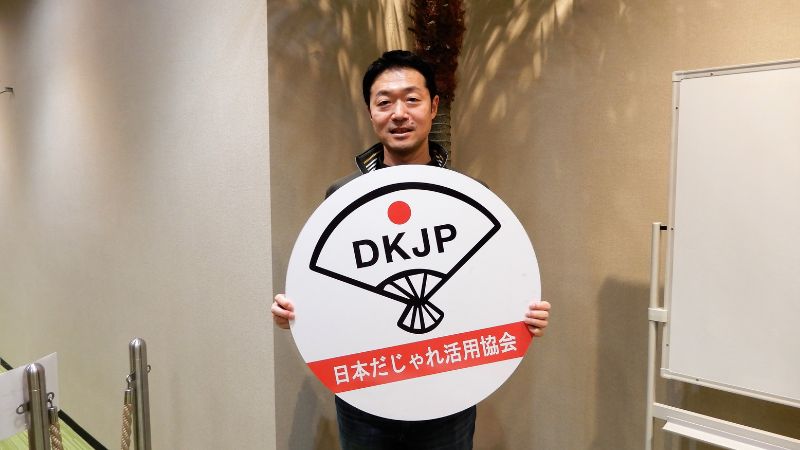
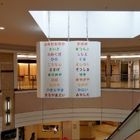
By the way, wondering what YGS stands for? It turns out it’s “YOKOHAMA GODO CHOSHA” ← “…”
>No. 9 Sendai >The noodles and soup feel ‘baptized’… Is this religion? lol Maybe ‘refined’ is the right word?
This comeback after closing was a well-thought-out strategy… Impressive work.
Kawamuraya
Kawamuraya (川村屋) is a historic Japanese confectionery shop founded in the early 20th century, known for its traditional *wagashi* (Japanese sweets). Located in Tokyo, it has preserved traditional techniques while adapting to modern tastes, offering sweets like *dorayaki* and *manjū*. The shop reflects Japan’s cultural emphasis on seasonal ingredients and craftsmanship in sweets-making.
Hirobumi Ito
Hirobumi Itō (1841–1909) was Japan’s first Prime Minister and a key figure in the Meiji Restoration, helping modernize Japan and draft its first constitution. He played a major role in Japan’s political development and later served as Resident-General of Korea before being assassinated in 1909. Today, he is remembered as one of Japan’s most influential statesmen of the Meiji era.
Japan Pun Utilization Association
The Japan Pun Utilization Association (日本駄洒落協会) is a humorous organization dedicated to promoting and celebrating puns (known as “dajare” in Japanese) as a form of wordplay and entertainment. Founded in the 1980s, it holds events, contests, and awards for the best puns, embracing Japan’s long tradition of linguistic humor. The group highlights the cultural importance of wit and creativity in language, making wordplay accessible and fun for all ages.
YOKOHAMA GODO CHOSHA
Yokohama Godo Chosha is the joint government office building of Yokohama City and Kanagawa Prefecture, located in Yokohama, Japan. Completed in 2020, it serves as a modern administrative hub, consolidating various municipal and prefectural offices to improve efficiency and public accessibility. The building reflects Yokohama’s commitment to innovation and urban development, symbolizing the city’s growth as a major international port and economic center.
Sendai
Sendai is the largest city in Japan’s Tohoku region, known for its rich history, vibrant culture, and green spaces. Founded in 1600 by the feudal lord Date Masamune, it is often called the “City of Trees” due to its tree-lined streets and scenic beauty. Key attractions include the ruins of Sendai Castle, the Zuihoden Mausoleum, and the annual Sendai Tanabata Festival, one of Japan’s most famous summer celebrations.

